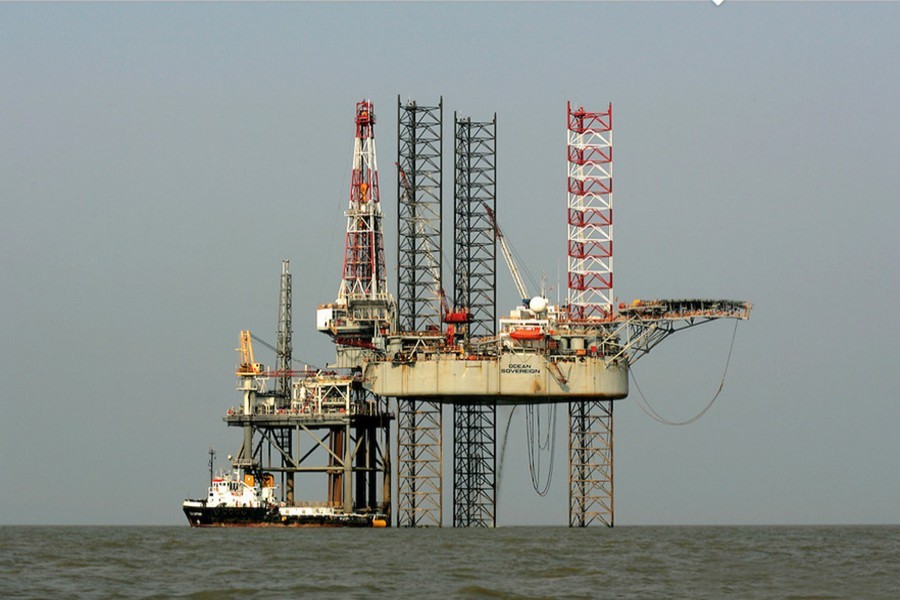
Published :
Updated :

The framing of a maiden policy on hydrocarbon exploration should have been the outcome of a necessity rather than any routine bureaucratic exercise. It is no secret that the country has to foot a huge fuel bill annually. Its present reserve of gas is limited and decreasing fast. Coal deposits in Barapukuria and Phulbari may be substantial but not enough for the country to reduce its import of fossil fuel from abroad. The price of crude oil in the international market has remained low for a couple of years. It has helped to some extent the country's economy. But volatility marks global oil prices depending on numerous factors ranging from cold war of the past to political embargo on export of oil from a few countries, conflicting interests within the OPEC (Organisation of the Petroleum Exporting Countries). In short, the international market of oil is unpredictable.
Against such a background, it is wise to fall back upon resources of a country's own backyard. A policy exclusively drafted on exploration of hydrocarbon, therefore, means a lot. The country's lone exploration entity, the Bangladesh Petroleum Exploration and Production Company Ltd (Bapex) has arguably raised its capacity to explore natural gas and oil. Yet involvement of foreign companies with highly advanced technology at their disposal should be welcome. Actually, there is no problem with such collaboration so long as the choice of companies is made right and the terms and conditions do not disproportionately favour those companies. In case of Tengratila and Magurchhara, the foreign companies took undue advantage of the lack of experience on the part of Bangladesh in negotiating the partnership share and issues like demurrage. This should not happen any more in the future.
Again, the important point is to get the priority right so far as exploration of natural gas and oil is concerned. Striking on-shore gas, coal or oil fields with commercial viability may have reached an inelastic point. The focus should be on exploitation of what is called blue economy with particular emphasis on off-shore drilling. That foreign companies do not readily demonstrate their interest in exploration of off-shore gas or oil reserve may be aimed to clinch the bargain in their favour in future. There is however a need for capacity-building in terms of steering diplomatic and commercial negotiations to yield results at the right time.
The policy on hydrocarbon exploration should be framed with an eye on the country's future need. Countries in both developed and developing worlds have already opted for a paradigm shift in the use of energy. Already there is a race for bringing out efficient electric cars instead of those run on petroleum. Similarly, many countries have set targets to transform to green energy. Bangladesh also has earned the distinction of using the largest number of home unit solar panels. If solar energy can be harnessed exponentially, the scenario of energy production will change for the better. Other renewable energy sources will also be made to complement this unlimited natural resource.


 For all latest news, follow The Financial Express Google News channel.
For all latest news, follow The Financial Express Google News channel.